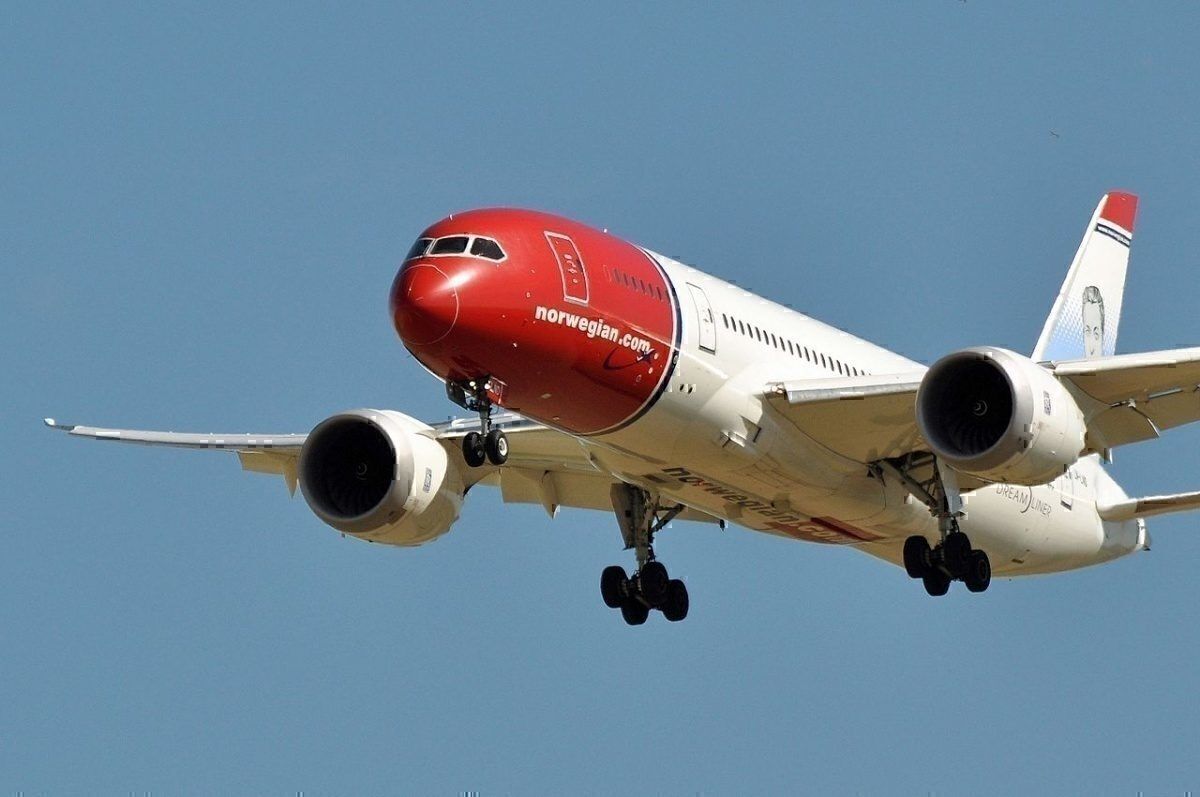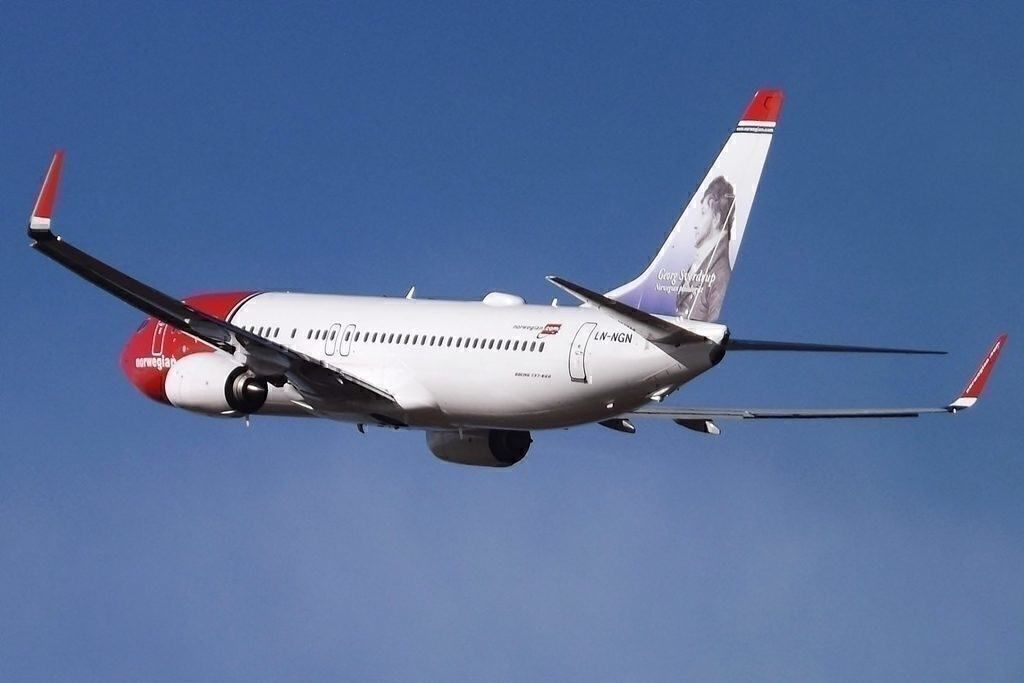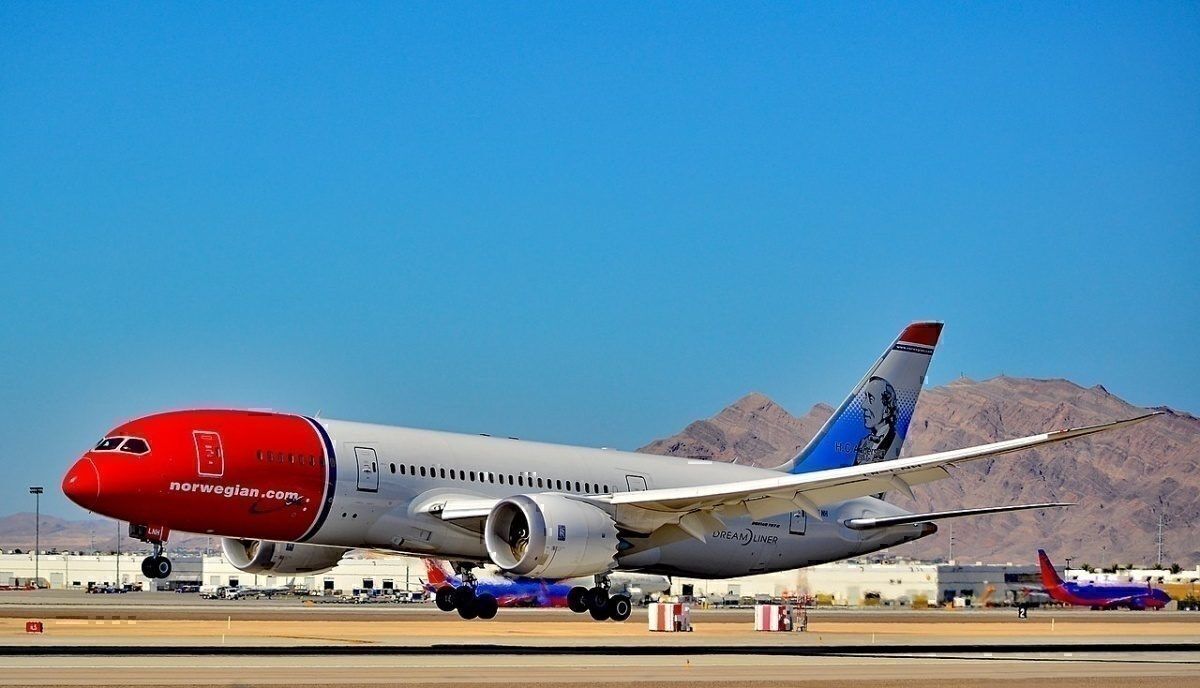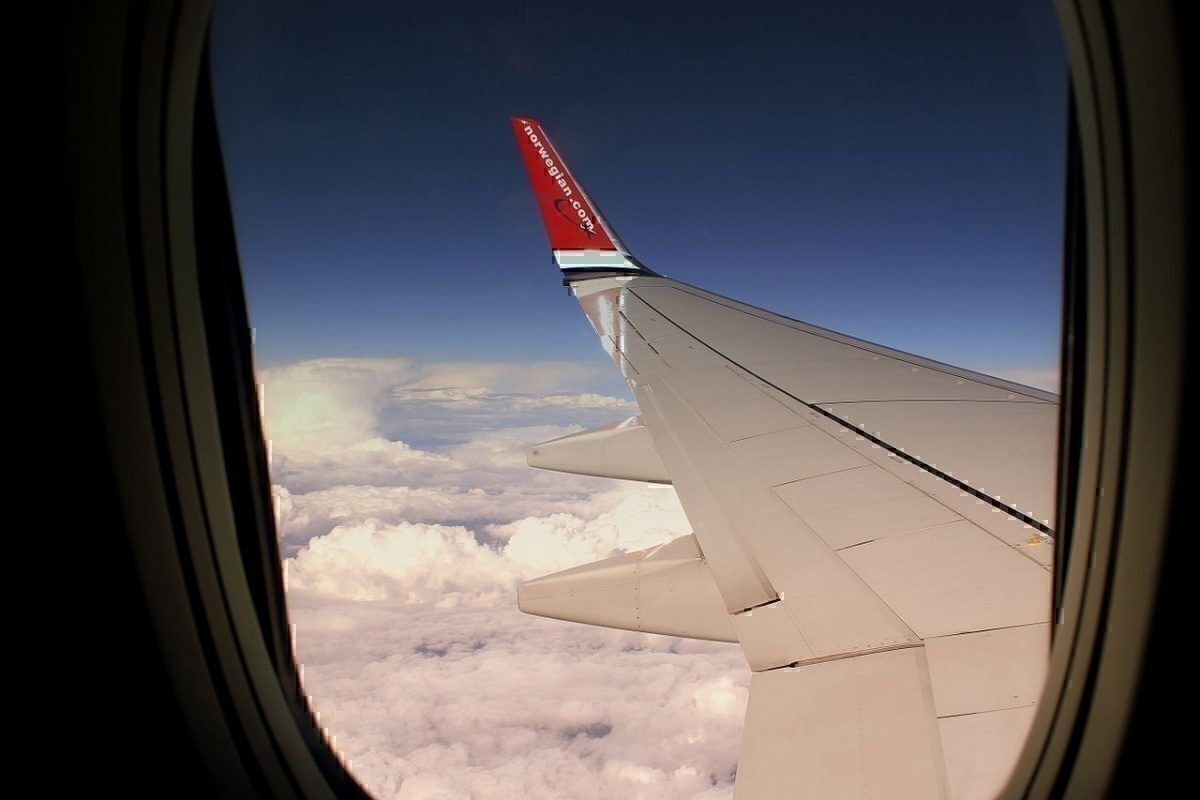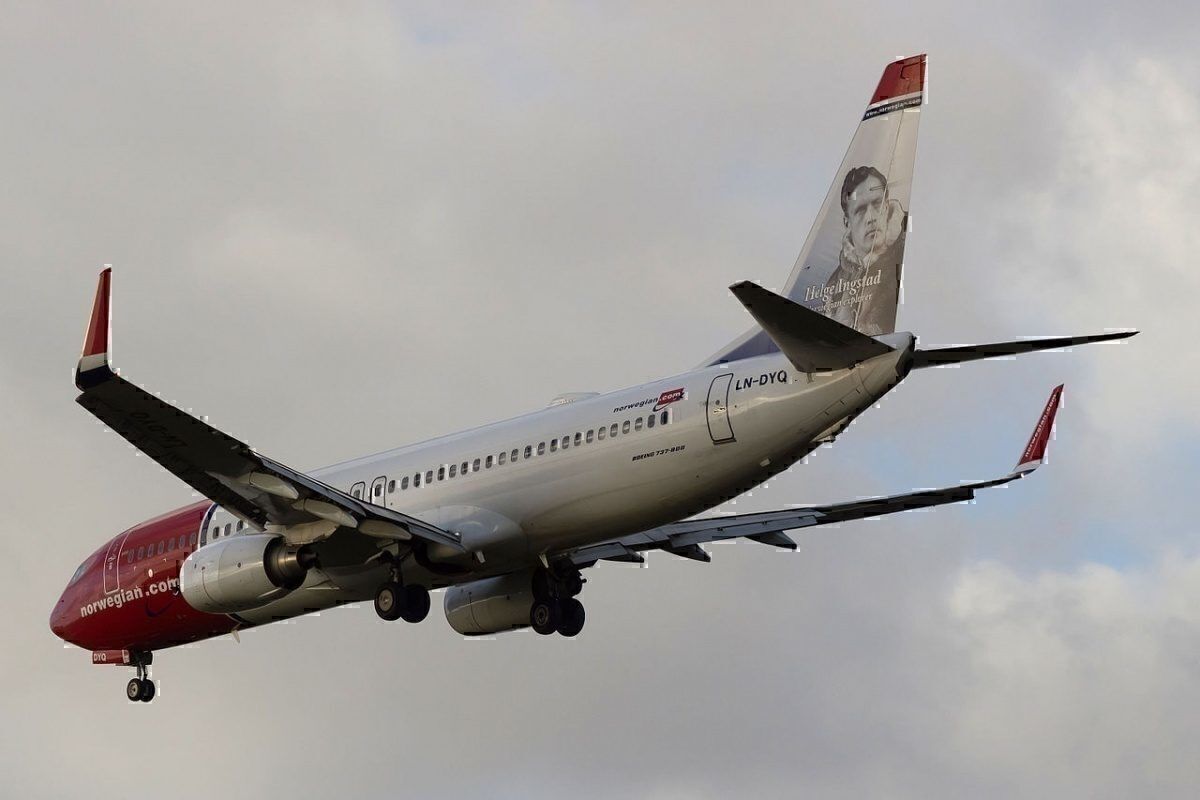Amid a challenging few months and a potentially difficult winter ahead, Norwegian Air has announced the sale of its stake in financial services firm, Norwegian Finans Holding. The sale to a consortium of Swedish and Finnish investors is set to generate US$ 254m for the airline. Here, we explore the airline’s latest move, its financial situation, and broader developments.
Financial asset sales
Until a few days ago, Norwegian Air held a 17.5 percent stake in Norwegian Finans Holding, the owner of Bank Norwegian. According to the latest Q2 2019 reports, Bank Norwegian, which is 100% fully owned by Norwegian Finans Holding, offers basic banking functions and lending to consumers around the Nordics through the internet.
The profitable financial services firm, which has been in operation since 2007, has a customer base of 1.6m across the Nordic countries.
To reach the European market, the bank has recently announced plans to use Ireland, an international finance hub, as an EU domiciliation.
“The sale of the NOFI shares is part of Norwegian’s strategy to strengthen our core airline operations and focusing on the transition from growth to profitability." - acting CEO of NAS, Geir Karlsen
For more than a decade, Bank Norwegian and Norwegian Air have cooperated on co-branded credit cards, synchronizing the latter’s reward program, Norwegian Reward. According to CH-Aviation, Norwegian’s stake sale in Finnas Holding will not impact the commercial relationship between the bank and the airline.
Challenging times for the Nordic airline
Norwegian Air, dubbed the unluckiest airline in the world by Simple Flying, has faced some significant challenges in the past few years.
Operationally, the long-haul low-cost airline has faced numerous issues regarding its Boeing 787 fleet and, later, has been drastically impacted by the 737MAX groundings.
The fleet wide issues have caused various delays, impacting customer satisfaction, and ultimately leading the airline to pull out of the Irish-transatlantic market, among others.
These operational issues, combined with disappointing financial results, subsequently led to the resignation of long-term CEO, Bjørn Kjos back in July, and reexamination of the carrier’s upcoming winter schedule.
Unenthusiastic analysts
Since embarking on its long-haul low-cost strategy, Norwegian has long been on the receiving end of doubtful remarks. Indeed, one unnamed pundit told the Financial Times back in 2018 that Norwegian could go bust by autumn 2019.
While the airline has remained afloat, the sale of Norwegian’s stake in Finans Holding was no exception to the optimism trend. Indeed, though some pundits seemed pleased that the airline was concentrating on profitability, some expressed cynicism.
One investor, Jan Petter Sissener, even told the Norwegian newspaper Dagens Naeringsliv that the sale price was more beneficial for the buyers than the sellers, according to the FT.
More broadly speaking, however, financial analysts seem doubtful on the airlines’ ability to fly throughout the winter.
Not only are the cold months a slow-time for northern airlines, but Norwegian will additionally face a €250m bond repayment in December.
What do you think of Norwegian’s sale in Bank Norwegian? Will the additional cash help the company into the winter? Do you believe the low-cost long-haul model is a sound one? Let us know in the comments.

